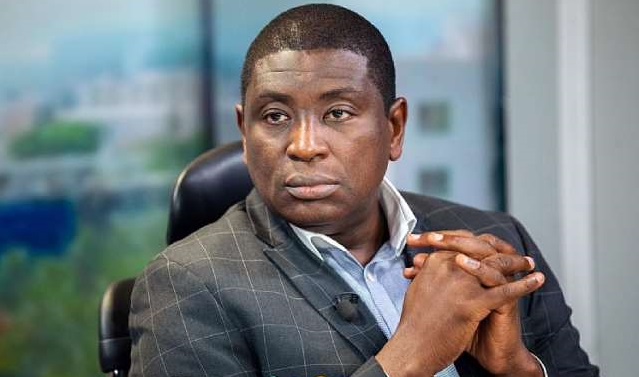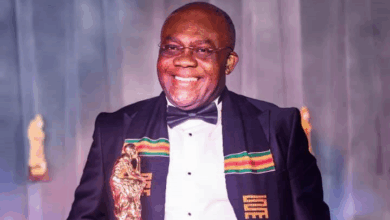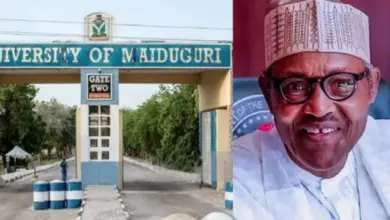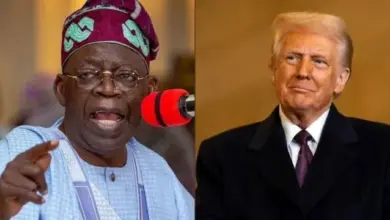We’re beginning to pride ourselves on arrests instead of prosecution — Kwadwo Poku


Energy analyst and former New Patriotic Party (NPP) flagbearer aspirant Kwadwo Poku has sharply criticised the government’s approach to law enforcement, arguing that state security agencies have developed a worrying trend of prioritising arrests and imposing arbitrary bail conditions over formal prosecution.
Speaking on Joy News’ Newsfile programme on Saturday, September 27, Mr. Poku asserted that the state’s focus on high-profile detentions and stringent bail requirements is being used as a tool for political intimidation, thereby undermining the rule of law and the constitutional liberties of citizens.
The analyst warned that law enforcement agencies appear to treat the process of arrest and inquiry as an end in itself, rather than a necessary step towards a judicial determination of guilt.
“We’re beginning to pride ourselves on the arrest than the investigation and prosecution,” Mr. Poku stated emphatically.
He noted that the true measure of justice lies in the prosecution process, where evidence is tested in court, but observed a significant imbalance in the current system.
He highlighted a growing trend where numerous citizens, including political critics, are frequently called in for ‘inquiry’ by state apparatuses, such as National Security, only to be subjected to punitive and seemingly arbitrary bail terms.
READ ALSO: NDC undermined Akufo-Addo’s anti-galamsey fight — Kwadwo Poku
“If I have done something wrong and you call me in for an inquiry, let it be an inquiry. What we have seen, and it’s become a trend, is that bail conditions are now becoming as if the person is charged,” he asserted.
Mr. Poku pointed out that the volume of individuals called in for questioning is extremely high, yet the number of those subsequently charged and taken to court is “minimal”.
This disparity, he argued, suggests the entire process is designed to harass, intimidate, and exhaust individuals, rather than genuinely investigate criminal offences.
He cited instances involving high-profile political figures, such as those related to the controversies surrounding Bernard Antwi Boasiako (Chairman Wontumi) and Kwame Baffoe (Abronye DC), whose bail conditions became public flashpoints for debate on the excessive use of executive power.
“The harassment of the Abra and the Wontumi example is the very reason why we are saying that the freedom of speech exists,” he contended, adding that often, investigators possess insufficient evidence prior to inviting persons: “They are calling them on frivolous [grounds], and when you go there… they are now telling you to go and justify something. They are asking you. It’s like a conversation.”
The former flagbearer aspirant stressed that the erosion of fair investigative practices poses a direct threat to the bedrock of Ghana’s democratic system. He drew a parallel to the principles of separation of powers, where the Judiciary acts as the essential check on the Executive arm.
Mr. Poku referenced the famous statement by an American President, saying: “He said that no person is above the law and no person is beyond its protection.”
He invoked the memory of Martyrs Day (June 30th), a date set aside by the legal profession in Ghana, to serve as a stark reminder against tyranny. He urged the Judiciary to remain resolute in its constitutional duty to protect the liberties of citizens and uphold due process.
“We look to one institution or one pillar of society, that’s why we had the three arms of government, the judiciary to protect us. You sleep well because you know that when somebody trumps on your liberties, you can go to get redress from the courts,” he concluded, stressing that the Judiciary must resist any influence that compromises its neutrality and the fairness of bail applications.
DISCLAIMER: The Views, Comments, Opinions, Contributions and Statements made by Readers and Contributors on this platform do not necessarily represent the views or policy of Multimedia Group Limited.
DISCLAIMER: The Views, Comments, Opinions, Contributions and Statements made by Readers and Contributors on this platform do not necessarily represent the views or policy of Multimedia Group Limited.
Source link





